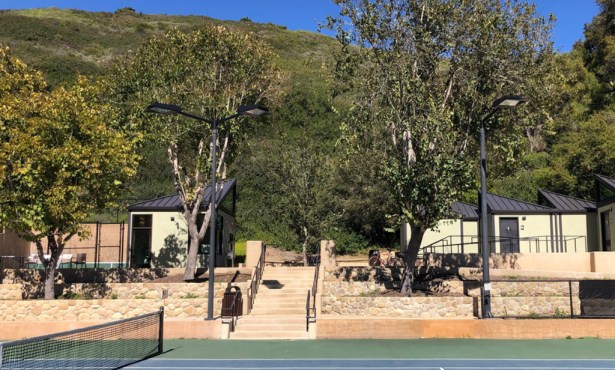Back to School
The Business of Hope
by Cynthia Carbone Ward
A certain slant of light hints of fall today, the store aisles
stocked with summer wares are giving way to school supplies, and
the kids all know what’s coming. But I am a teacher no longer, and
for the first time in 13 years, there will be no back to school for
me. This is easily said, but it is a fact that I have not yet fully
processed: Teaching has defined my routines and shaped my life for
such a long time, I can barely imagine what I will be feeling when
it all begins without me.
As a teacher, I was a guest in many lives; it’s humbling to
think back upon all the young faces that have looked up at me
throughout the years. My very first class, when I was still student
teaching, was comprised entirely of recent immigrants from Mexico,
Guatemala, and El Salvador. They were brave kids with remarkable
stories who came to school with a mixture of fear and eagerness.
Together we crafted travel brochures about the states of their
adopted U.S.A., listened to opera and composed ridiculous arias of
our own, and taught each other patience and persistence. I still
have a little booklet of poems they wrote with their brand-new
English words, each a delicate and ephemeral moment in the
attainment of a language, concrete and positive, lovely in their
simplicity — poems about houses and dogs, mothers and good food,
tangible things and familiar longings.
Until I started teaching, I did not know how much even the
smallest giving can yield when offered to receptive hearts. Victor
with the serious expression came in early every morning to water
our flowers. Christian missed his grandfather and told me about the
tiny paper boats they used to make and set to sail in muddy gutters
after rain. Shy Perla always giggled when I reminded her to smile.
And then there was Patricio Flores, a small boy who lived alone
with his older brother and often had to pack up and move to
someplace else. We exchanged letters for a little while; the last I
heard he was in Oregon, but then I lost track of him.
I went on to other schools and different kinds of classrooms.
There were ranch kids and valley kids; horse, surf, and skateboard
kids; kids upon whom fortune smiled; and those who were destined
for hard times. The approach of school always triggered in me a
combination of excitement and apprehension, and the first day was
preceded by at least one sleepless night, an annual syndrome that
years of experience did nothing to abate. The students, too, were
nervous on those opening days, watching me with earnest eyes, all
of them wanting to please, unsure of what to expect, hoping for a
good year. We were the same in these yearnings.
I remember one first day in particular. The previous academic
year had been exceptionally discouraging, a year of conflict and
nasty criticism, and I had begun to lose heart. Even summer had
been gloomy, shrouded in a marine layer that wouldn’t leave. Milky
veils clung to the coastal hills, and everything was damp and
dismal and dormant, exactly like my spirits. I entered the
classroom in that frame of mind, uncertain how to begin. My
students were a rambunctious lot, bright and spirited kids, the
majority of them boys. They looked at me with hopeful open faces,
heartbreakingly ready for whatever adventure the new year might
hold.
I opted to share a few stories, as I often did on the first day
of school, focusing this time on childhood tales of my beloved
brother Eddie. Eddie was a magician and a mentor to me. He taught
me the names of all the dinosaurs, how to ride the rusty red
two-wheeler he had found by someone’s garbage can, and, most
miraculously, how to read — with his help, random marks began to
organize themselves into meaningful shapes, and I too was
transformed. It was when Eddie died of kidney disease that I
decided to become a teacher. I simply wanted to do good deeds in
his memory, to turn my love for him into something real and in so
doing extend the impact of his life. I told the students about this
because I wanted them to see that there are ways to turn sadness
into hope, even if indirectly … and maybe to remind myself.
The bell rang and kids dispersed. That’s when I heard
sobbing — one boy had stayed behind. He sat at his desk in the back
of the classroom, head down, in tears. He was 11 years old, but he
had felt my old, worn sorrow and took it on as his own. Thus did a
sixth-grade child remind me that we are all inextricably connected,
that love and loss are universal. I remembered again why I was a
teacher.
I won’t be in the classroom this year, but September is still
synonymous with start, and I’ll smile to myself when I see those
yellow buses dispatched like tanks in a war against indifference. I
will always align myself with those who defy cynicism and
imagine possibility. Teaching is an act of faith, the business of
hope, the planting of seeds that may or may not flower, but
everything depends on believing that they might and acting as
though they will.
Cynthia Carbone Ward is a former middle
school teacher whose book for teachers (and parents) How
Writers Grow: A Guide for Middle School Teachers has just been
released by Heinemann Press.


